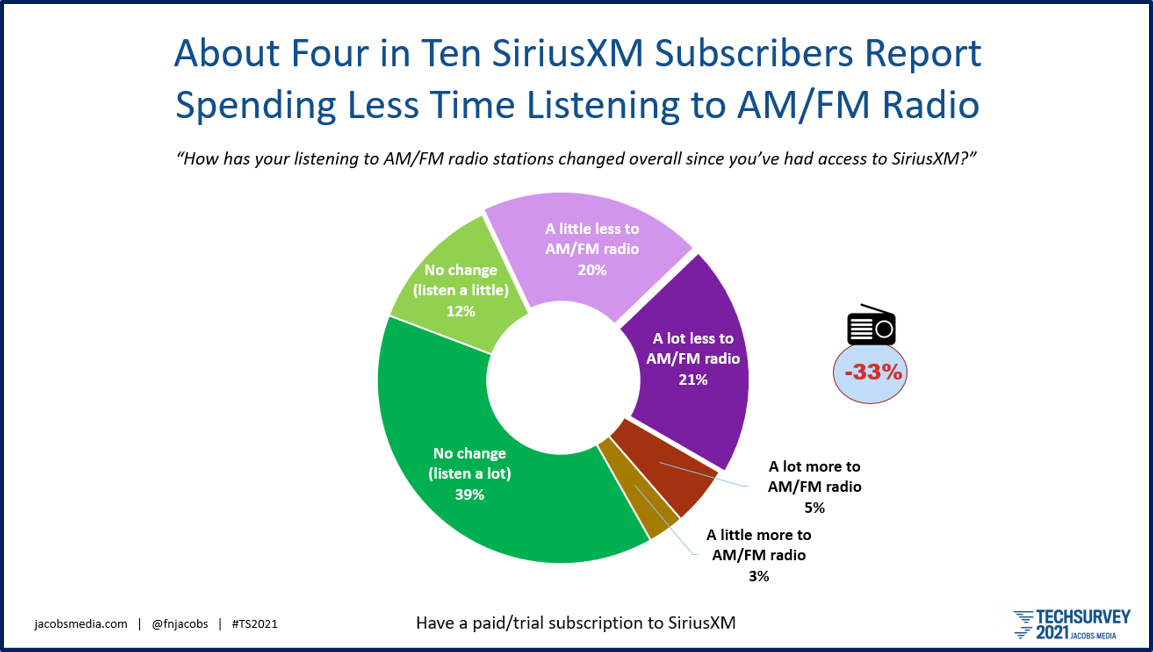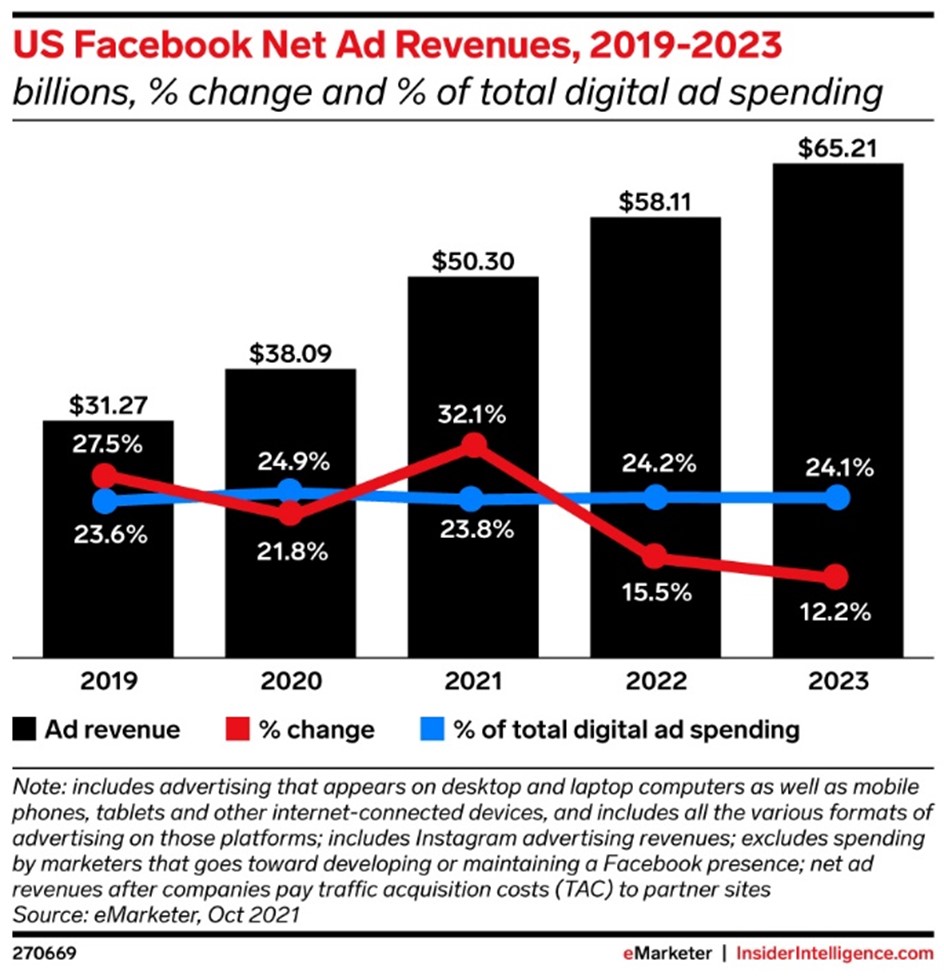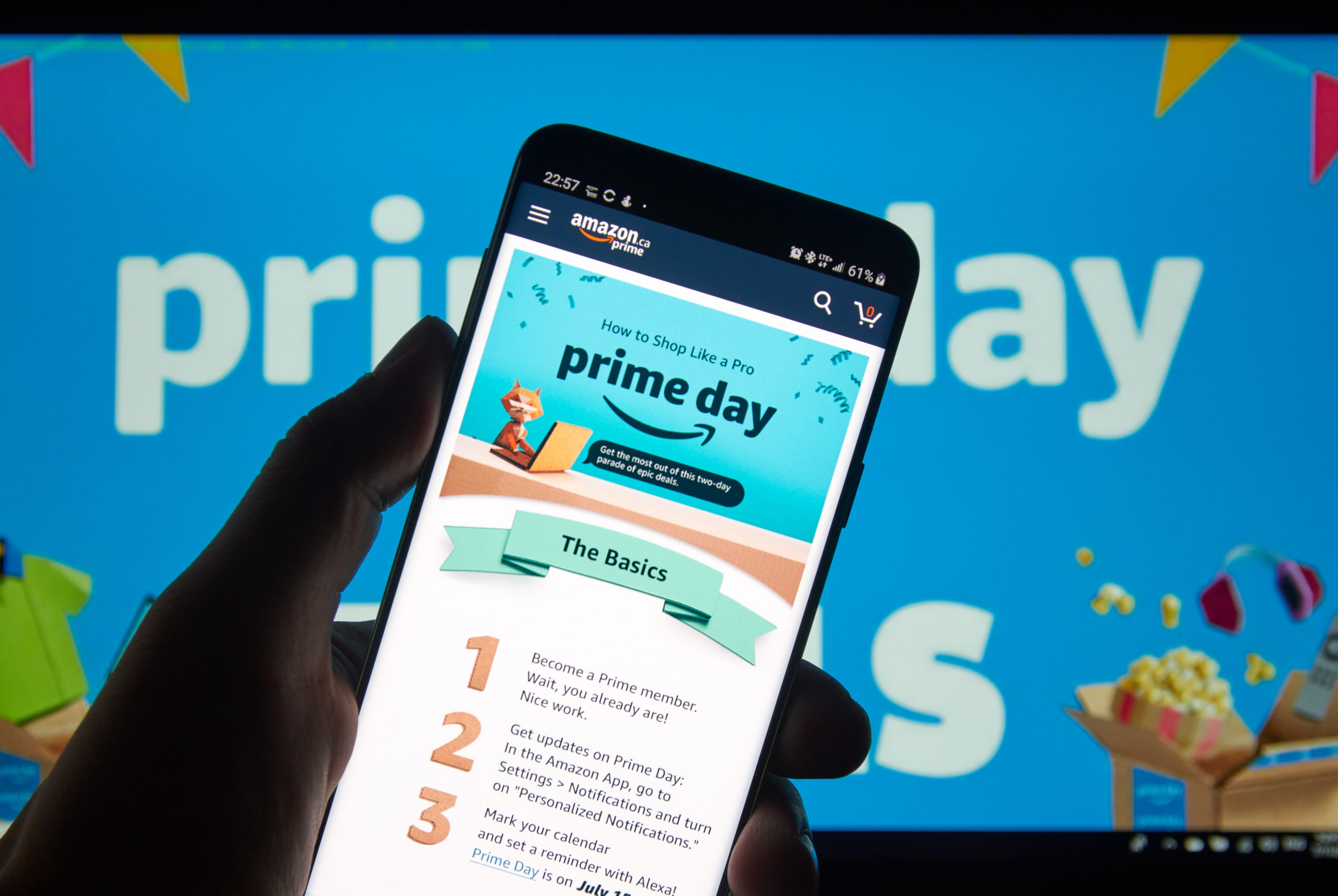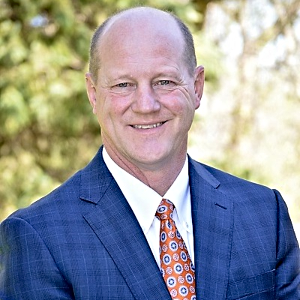
The eternal push/pull relationship between radio’s programming and sales departments has not intrinsically changed in decades. The radio industry itself may be roiling from the disruption triggered by digital and new technologies, but the delicate balance between these two critical spheres at radio stations remains like those Scottie dog magnets we played with as kids, constantly repelling and attracting one another.
Sales management has different judgement calls to make, but they can be every bit as important as the ones programmers are making down the hall. When can a “buy” be harmful to the station and its audience? What is the true cost of an ad schedule if it aids the station’s competition?
Like Kirk and Spock, dog and cat, and Scott and Schrute, the sales and programming dynamic is a constant that defines radio success – and radio failure.
Today, Paul Jacobs takes control of the JacoBLOG keyboard to provide his perspective on what has rapidly become something of a national holiday – two days of intense e-commerce in the middle of our summer. How radio navigates this challenge goes to the heart of what I call the Travers/Tarlek Gambit” – the ongoing struggle between sales and programming. – FJ
“Radio’s Definition of Insanity” by Paul Jacobs
On February 12, 2023, Super Bowl LVII will be broadcast on Fox.
What do you think their reaction would be if ESPN, ABC, CBS, or NBC tried to buy ads promoting their programming immediately following “The Big Game?”
The odds of Fox accepting these buys are longer than the Lions actually playing in that Super Bowl. While Fox would love to take their money, they also don’t want to send their valuable and massive audience to competing networks. No one has to explain to Fox the short and long-term costs of this decision.
With that in mind, here are two examples where radio has taken the quick buck, in lieu of consideration of potential long-term damage:
Satellite Radio
You may remember back in the early 2000s, broadcast radio stations started to receive national buys for Sirius and XM satellite radio. The two companies had not yet merged, and were involved in a “drag race” for listenership. It was highly competitive.
You might also recall the economy at that time wasn’t great – after 9/11 there was considerable economic turbulence. In retrospect, it turned out to be the beginning of the decline of radio revenue growth.
So what did stations do when faced with an easy revenue fix from a fledgling challenger?
Most took the money.
In an effort to “make goal” in that quarter, many radio stations held their noses, rationalized that neither Sirius nor XM would be in it for the long haul, and accepted those buys. In doing so, they were using their precious airwaves to inform their audience about new “radio” options out there – featuring more channels and commercial free music. All of this, of course, these ad messages happened while these same radio stations were in the middle of long stopsets.
Now there are lots of reasons why the mashed up SiriusXM is a successful enterprise today, now reaching 34 million listeners across North America. That’s more than a quarter of core radio listeners, according to our latest Techsurvey 2022 data. But if you subscribe to the philosophy that “Radio Works,” you have to believe numbers of broadcast radio users discovered Sirius and XM due to those commercials.
And of course, we’ve also learned that when radio listeners subscribe to SiriusXM (or get the free trial with the purchase/lease of a vehicle), many spend less time with terrestrial stations. In fact, the same Techsurvey 2022 study referred to above shows four of ten of those with access to SXM in our survey say they’re spending less time with broadcast radio as a result. In fact, as the chart below shows, there’s a net loss of 33% among those listening to satellite radio:

Over the last two decades, SiriusXM has made their subscription model work. For broadcast radio, they’re public enemy #1.
And in some cases, radio has been guilty of aiding and abetting.
Facebook Ads
In 2019, I was visiting a client in a small Midwest market where revenue was pretty tight. But they were really excited because the month before, they received the largest national buy in years from…(wait for it)…Facebook.
When I asked what the social media giant was promoting (thinking it was a new feature), the client told me Facebook was hosting a seminar in the market targeting local business owners, showing them how to advertise on Facebook!
Once I gathered myself, I asked if station staffers attended the gathering, and if so, how did it go. Their response? It was packed.
Well, the good news is that radio puts butts in seats.
During the worst days of COVID, we conducted Zoom focus groups among small business owners to see whether their ad buying had changed since the onset of the pandemic. In nearly every case, they told us they had cut back on broadcast media, and shifted their ad spend to social media, specifically Facebook.
Why? Because it was easy to buy, inexpensive, and they could track results and ROI.
And then we asked them the money question: when the pandemic ends, what’s going to happen to their media buying plans, including radio? None of them were dropping Facebook.
Here we are in 2022 and we may be on the cusp of tougher economic times – again. Many broadcasters I talk to ask me about how radio can compete with Facebook, and sadly, the toothpaste is out of the tube. In 2021, their U.S. ad revenue topped $50 billion. This year, eMarketer projects they’ll be near $60B – that’s 5x more than all of U.S. radio combined.

While I don’t know how much Facebook spent on radio advertising promoting these seminars, I bet their conversion rate was pretty impressive. The odds are good they achieved very impressive ROI, thanks in no small part to local radio’s ability to deliver. And now, broadcasters are scrambling to hold onto local advertisers who have more options than ever.
Is there a cause-and-effect relationship between those paid meetings in the Marriot Courtyards, Hilton Garden Inns, and Holiday Inn Expresses? If there is, we cannot measure it. But you have to believe these local marketing events introduced Facebook advertising to lots of Main Street retailers, while a bunch of radio GSMs hit their numbers.
It’s bad enough we’re asking the audience to “like us on Facebook” or go to our page for a quiz, funny photo, or bizarre video. Let’s not educate radio clients on how to spend their money there.
Heading into the 4th of July, giving Facebook a helping hand is just anti-American.
Fast-Forward To Today
Earlier this week, Radio Ink published an article from Rick Fink, President of ENS Media. Fink’s essay brought back these bad memories in a flood. His topic?
Amazon Prime Day
The first of these shopping extravaganzas this year is just around the corner: July 12 and July 13 (it’s a 48-hour marathon).
It’s the day(s) when the Internet SLOOOOOWS down (along with office productivity, and you may as well forget about getting a whole lot out of the WFH set) as Americans stay glued to their computers and mobile devices, trying to snare the latest and greatest deals from the king of e-commerce.
Americans stay glued to their computers and mobile devices, trying to snare the latest and greatest deals from the king of e-commerce.
And that leads me to question how many radio stations and personality shows will talk about Prime Day because it’s relatable and an experience shared by so many in your audience.
How many Americans are affected? PYMTS says Amazon Prime members number 166 million here in the U.S. Yes, that’s a lot of your cumers. And if they’re talking about it, shouldn’t you?
Those DJ prep sheets may say “yes.” Amazon Prime Day is a chance for audience members to share their shopping experiences and great deals. But Amazon is not a big spender on local radio. Why give them all those free mentions?
And that’s Rick’s point: “They (Amazon) don’t support our local communities in any other way. They don’t support local organizations, clubs, ball teams, etc. They don’t buy from any of your local businesses. They only take!”
And his solution? On Prime Day, run promos supporting your market’s local business. I’ll take it a step further: make it a day to celebrate hometown retailers. Broadcast live from different downtown shopping areas or malls throughout the day (maybe call it “Prime Detroit Day”).
- Run free promos for local businesses
- Offer deep discounts for personality live reads
- List local deals on your station website and mobile app
- Create easily accessible QR codes listing these deals and participating retailers
In other words, show your local businesses you are on their side. As you no doubt learned throughout COVID, radio needs these people and their enterprises. Their welfare and sustenance is near and dear to our industry, and they will be there long after Prime Day ends.

I get it. Radio revenue is challenged, we may be on the cusp of a recession, and corporate is pressuring you to perform well this summer. There is always going to be the temptation to grab those short-term dollars or turn Amazon Prime Day into a morning show bit.
But let’s get smart with this. Past is prologue. Amazon knows the media (and broadcast TV is often the biggest offenders) will cover their meta sale.
So don’t.
If past is prologue, let’s remember what happens when radio promotes its competition. Nothing good.
It’s been said that doing the same thing over and over, and expecting a different outcome, is the definition of insanity.
Amazon Prime Day will be a rousing success this year, whether you promote it or not.
So don’t.
You’re smarter than that.
- For Radio, Will It Be Christmas In April (And Hopefully, May)? - April 21, 2025
- The Revolution Will Not Be Monetized - December 30, 2024
- What Kind Of Team Do You Want To Be? - October 4, 2024




While I agree with the spirit of the comments about “saving local business” from Amazon, that argument feels smaller in scope and lacks nuance.
Before we dismiss Amazon as a bad community partner that harms retail advertising from small, local businesses, let’s look at the larger picture, and one problem with the discussion about Amazon not supporting the local economy is a bit off base in many areas of America.
A quick search showed that Amazon employs more than 1500 people the Rockford, IL MSA via its air hub and distribution facilities. It ranks in the top 10 of local employers, and whether it is headquartered in DC, Seattle, or some other location, that is real money that is paid to employees to spend in local businesses. In fact, Amazon has been a regular recruitment advertiser on our local stations to staff these roles.
While this retort is very site specific, it also shows the dynamic of Amazon’s presence in our world and how it cannot be painted with a broad brush.
Mike, you are correct about the lack of nuance. Amazon can’t be ignored. But that example is part of a larger dynamic – the industry’s history of a lack of overall strategy and in its place, short-term thinking with negative long-term implications.
I’m not calling for a boycott of Amazon. They are a reality that our local advertisers need to deal with and “up” their game. But I do believe broadcasters need to keep our long-term interests in mind. Promoting Prime Day comes with a cost. Helping market a seminar by Facebook where local advertisers learn how to advertise on Facebook makes no sense to me. Nor does running ads for SiriusXM.
Would a broadcaster take money today to run ads for Spotify? I would suggest they would.
So this is less about these specific incidents and more to elevate the conversation about where we want our industry to go. We can’t put our heads in the sand and ignore Amazon. You are right. But concurrently, where does this industry want to be in five years?
OK, let’s go have a great July 4th holiday!!!!
Thanks for the thoughts.
Paul….
“AMEN” to your commentary!
Two ways to handle this – the smart way would be to challenge OUR industry to exceed the reasons people would want to advertise with Facebook…or listen to satellite radio. There are benefits to those outlets, but broadcast media (AM/FM) also have their benefits. Since consolidation, competition between radio outlets has been minimized. Competition between radio and other advertising vehicles hasn’t. It’s more intense than ever, so a well thought-out campaign needs to be created. We won’t shut down Amazon, satellite or Facebook. We CAN make our medium a lot more palatable to advertisers. Can’t we?
I give a big thumbs up to everything you wrote!
Hey, how come Fred gets a mug shot for his byline but his brother doesn’t and gets just a generic silhouette? (Heck, how come I don’t?)
I think I selected the wrong option when I published the blog, John!
I remember those Sirius and XM buys. Programming was horrified. Management knew it was a deal with the devil but the deal was done because we needed to make budget.
The Amazon analogy is a little trickier. Programmers are always pushing for their on air teams to be relatable, and the need to talk about stuff that is top of mind with their audience. I can think of a number of good bits that would make this discussion entertaining, and not just a free commercial.
On the other hand, doing a “support local business” campaign is a wonderful idea for local radio. But why wait for Amazon Prime Days to do it? This should have been put together years ago. And could be running year round.
Great programmers protect their brands, and in turn, provide salespeople with the opportunity to generate more revenue. It begins and ends with that.
Thanks for your comment, Peter.
As always. great stuff – should be put on the walls of the prooer offices..and programmers- it’s hard but don’t quit pushing
The common trait of great PD’s is they understand their brands and its relationship to its listeners, and will do everything to ensure they don’t waver from their brand promise. At times, it ticks off salespeople and GM’s (you can’t imagine the tussles I had with Fred when we worked together), but a short-term loss in revenue leads to long-term success.
Not brain surgery – business 101
Great to hear from you Tom. Thanks for always fighting the good fight.
I’ve always worked with the sales department. Even when I knew they would sell the chair I was sitting on if they could. Without sales no one gets paid. Without programming there’s nothing to sell. The brand and the brand experience (what comes out of the earbuds when your number comes up) and the turf that goes with it is all you have. There’s just no good reason to spot the competition points in your game and you have to expand the definition of competition to fit reality.
Fred, if I haven’t said it lately….Thank you for hosting really interesting and important conversations.
Sincerely yours,
Love your line about “not spotting the competition points.” The fact is, radio has lots of competition, and concurrently needs to do a better job positioning and promoting our strengths vs. taking dollars from companies that want our audience.
Thanks for the comment. Have a great 4th.
Awesome column Paul.
For some reason, around the time the Telecom Reform Act of 1996 passed, radio decided to never play the long game. In turn, Sirius/XM, Facebook and Amazon have handed shovels to the radio industry and it has used them to dig its own grave.
A forward thinking group head might send an email to their GMs telling them that while they’re free to take ads from their competitors, the revenue won’t count toward their budgets or bonuses. This column highlights yet another area where radio has made decision that will hurt them in the long run for the sake of short term goals. This isn’t surprising coming from the folks who brought you “research says that local personalities are one the main reasons people listen to radio, so lets get rid of most of them”.
I recognize that times are tough and a lot of people are faced with needing drastic measures to survive the near term so they’re around for the long term. But that’s a micro issue that should be addressed by the people making the macro ones. Not doing so leaves radio on a progressive trip to irrelevance – almost like incentivizing doctors to slowly kill their patients.
Did any radio group buy Facebook ads to publicize a seminar on how to buy radio effectively? I wonder if Facebook would take them.
As always, I appreciate your insight and perspective, Bob. Great leaders always think about the long game – 2-3 steps ahead. Unfortunately, the pressure to hit this month or quarter’s goals have always been the priority.
The only thing I disagree with (and it’s a quibble) is your contention that times are tough. Guess what? Times have always been pretty challenging, at least since 911. You would think someone would look at this situation and think, we can’t keep doing business the same way we always have, and adopt a different approach.
That’s my hope and why I wrote this. Radio still has the potential. The industry has good bones. But it’s time to think non-traditionally.
Great article Paul and some interesting points. The nature of a sales person, especially the young hungry ones, are to lock in deals that reach the budget for that month. Beyond three or four months you’ll find their bookings are very light. Programmers tend to think medium and long term, at least strategically. Together they work in “harmony”. I agree no one wants to say no to a Buy from a competitive medium. But I think you’re pushing on an open door here. For real change to occur education needs to be given to the Owners of the stations. If we can convince the owners to say no, radio can once again achieve amazing new innovative ideas and opportunities for clients.
Peter, thanks for the comment.
I agree with your premise – stations (salespeople and PD’s) are going to respond to the parameters that have been set. If it’s “make goal at all costs,” you know what’s going to happen.
That’s why I think this is less of an operational story and more of an industry/strategy issue, and yes, that begins with the leadership of our industry.
Have a nice holiday weekend.
Peter, please allow the “PD” to jump in here, too. I agree radio tries to breed our young sellers to be piranhas – always tying to get the buy regardless. Oftentimes, it’s left to the programmer to step up and (try to) say “no,” leaving him/her as the villain, especially in today’s “just get the money” environment.
I would submit the 5% of AE’s who take the time to listen to the station, familiarize themselves with the product and brand are you future GMs and market managers. They ask good questions, and come to understand why programming decisions are made, the actions that are additive to the brand and the ones that are erosive.
Paul was one of those sellers. He (generally) stayed in his lane, but he wanted to understand how ratings were generated, why certain programming moves worked, while others were total failures. I believe that’s why he has been so effective, not only as a revenue focused consultant but also as someone with a broad view that provides perspective and successful strategies for our clients.
Great reps to more than just “get the buy.” The ones that take the time to truly learn the business are worthy their weight in gold.
In the early 90’s during a GSM course I wrote the final thesis on why radio stations should invest in other local businesses themselves and use their stations to continually drive their traffic on-air. That was early early internet.
It’s even more critical now. Picture a small to medium market where the radio stations own the Starbuck, Dunkin’ or Subway Franchises. Or perhaps 2 bars, car repair centers, or even dealerships. ANYTHING really that easily earns more Net $$$$ than the radio station usually does. And that’s not hard to find today.
Then, the station can ignore the stupid buys as Paul describes, ignore the customers who want to grind price because ‘radio doesn’t work’, and ultimately own businesses that compete directly with those grinders if they feel like it. You know, to put them out of business and take it all.
What local business can compete with a cluster of radio stations that have good sizeable audiences? None. The price of media alone prevents that.
It’s radio’s moat, which is rarely used.
And as a bonus, any radio commercials taken during those 5 or 6 minute spot hours, instead of the current 10-12, make the station sound better with less clutter on top of adding even more money to the bottom line.
And, there’s countless promotion possibilities with your ‘other’ companies where station signage can be everywhere and drive new sampling cume back to the stations.
It’s also insurance for the future. Think of a scale. One side is the value of stations slowly dwindling. The other is the value of those other assets increasing.
Internet companies, all conglomerates, and even Amazon, have lots of separate entities and income streams. Why don’t we?
Great idea. I give a speech called “You Aren’t In The Radio Business Any More” that is in alignment with your thinking. Radio’s superpower is its cume and the ability to move that audience to digital platforms, or retail. So why not move them to your own businesses?
Pay attention to what Craig Karmizin is doing with his company, Good Karma Broadcasting. They owns houses (“The Tundra Trio”) along side the parking lot of Lambeau Field and rent them out for home games. They promote on the air and that’s how they get bookings.
Even more amazing, when Craig remodeled the houses he used a furniture/design company in Milwaukee. He liked them so much he bought them, and yes, they use their stations to promote them.
Radio has enduring power – we just need to break out of the Nielsen/ratings/radio advertising mindset and use it to our best advantage.
Pat, wishing you the best this holiday (no pun intended) weekend. Hope you are doing well.